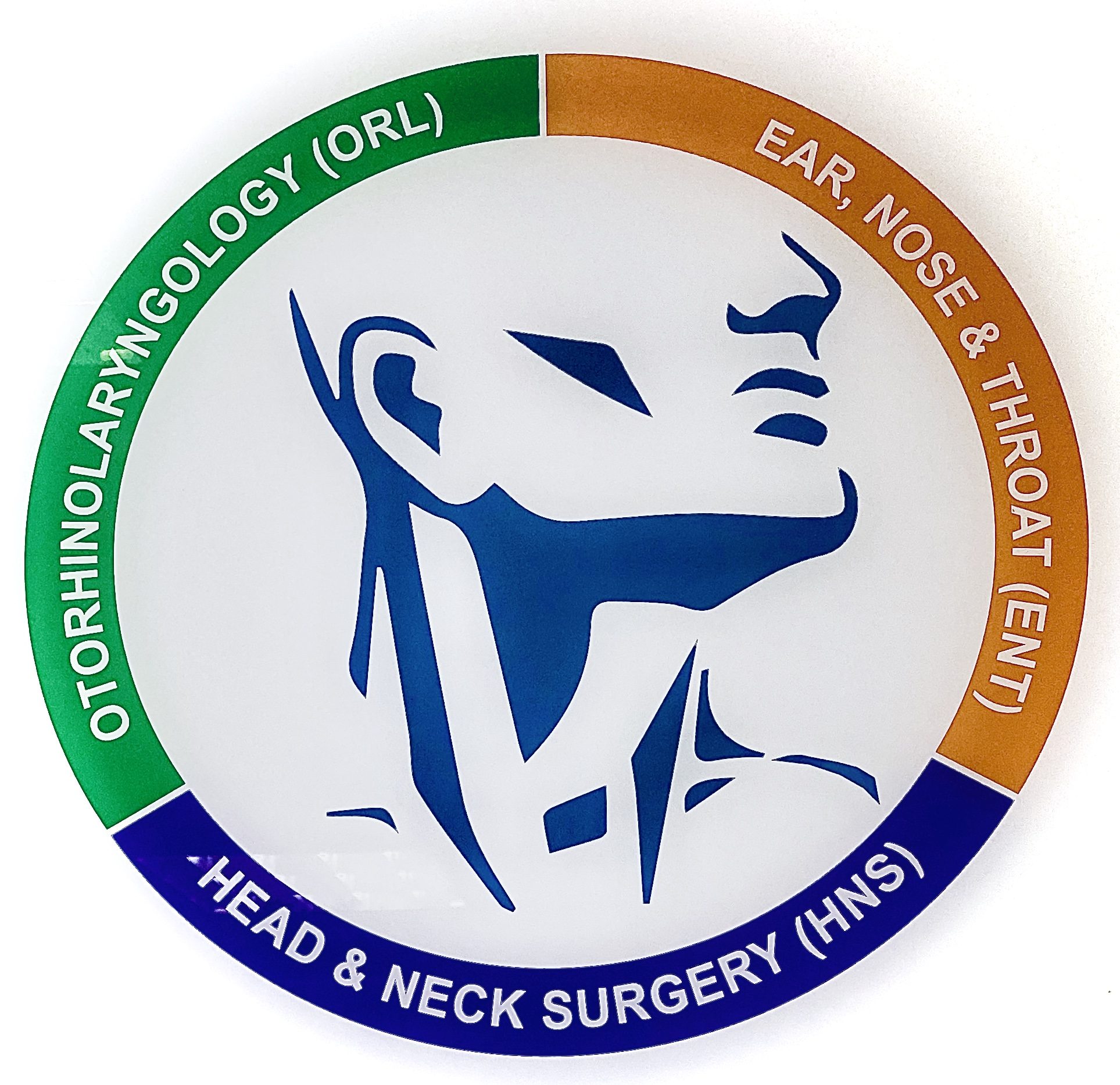Symptoms
– Muffling of speech and other sounds
– Difficulty understanding words, especially against background noise or in a crowd
– Frequently asking others to speak more slowly, clearly and loudly
– Needing to turn up the volume of the television or radio
– Ringing in the ears ( tinnitus )

Sudden Onset
Hearing loss
Sudden sensorineural hearing loss. It is a rare condition but devastating condition. The patient has sudden onset of hearing lose usually on one side and can be associated with a ringing tone in the ear. There is usually no identifiable cause. This diagnosis requires urgent attention by an ENT specialist and the sooner treatment starts , the more chance there is of saving the hearing. The diagnosis and treatment is best made by an ENT Specialist.


Gradual Onset
Hearing loss
There maybe various condition that may appear as gradual loss of hearing. Gradual hearing loss in 1 ear may be due to something in the
1) Ear canal : Ear wax impaction, ear canal infection ;
2) Middle ear, such as fluid (glue ear), a bony growth (otosclerosis) or a build-up of skin cells (cholesteatoma).
However, gradual hearing loss in both ears is usually caused by ageing or exposure to loud noises over many years.
Hearing Loss In Children
Hearing loss in children can occur at any time in life from acquired factors such as ear infections, head trauma, certain medications and maybe congenital. Hearing loss in children may manifest as delay in speech development , difficulty following verbal directions, loud volume on the TV or radio. Any symptom of hearing loss in children should be addressed with urgency so that speech, language and academic development are not delayed or negatively impacted.
Treatment
Treatment
Treatment includes:
- Medications may help in certain types of hearing loss ; eg: in sudden hearing loss
- Hearing Aids
- Hearing protection
- Surgery ( Cochlear implant and Bone anchored hearing aids)
common questions
Conductive Hearing Loss: Sound can’t travel from the outer ear (the part you can see) to the inner ear (the part you can’t see). This is often the result of wax build-up, trauma to the ear, or even ear infections. Typically, conductive hearing loss “turns the volume down” but doesn’t necessarily affect the clarity of your hearing. Conductive hearing losses may also be corrected by medical intervention so it is always important to make an appointment with an ear, nose, and throat specialist for further consultation.
Sensorineural Hearing Loss: With sensorineural hearing loss, the problem may be damage to the inner ear (cochlea) or within the hearing nerve. Most of the time, the hair cells in the inner ear have been worn down due to aging or noise exposure, but sometimes, medications, cancer treatments or illness can create deterioration as well. With sensorineural loss, it’s not just that “the volume is turned down,” but your ability to understand speech suffers too. This is the most common type of hearing loss as 90% of people with hearing loss have this kind. The most effective treatment is hearing devices.
Mixed Hearing Loss: Just like it sounds, this is a mixture of conductive and sensorineural hearing loss.
- Use hearing aids to address your hearing loss ! It’s important to use hearing aids to stimulate the hearing nerve. This helps the clarity of your hearing stay as much intact as it can. Hearing aids make the most out of the hearing ability you have left and keep your brain’s ability to recognize speech.
- Limit your noise exposure. If you work in a noisy environment or plan to attend a loud event, like a concert, then ear protection is a must. Depending on the level of noise exposure , various kind of ear protection is needed.
- If you are at risk either due to work hazard or family history it is best to get annual hearing tests so you can monitor your hearing health and take action as soon as any changes occur.
The most common type of hearing test is pure tone audiometry (PTA) , it is a test which require the subject to respond and identify tones of sound at different intensities and frequencies. The said test is available at our clinic.
Depending on the age and the ability of the child to cooperate with the audiologist. Test avaible includes play audiometry , brainstem response audiometry (BSER)
It depends on the type of hearing loss you’re experiencing. For the majority of people who have hearing loss, especially those from continued noise exposure or a combination of aging and genetics, hearing off deteriorates with time. This is why it’s important to visit a hearing provider at your earliest convenience and treat any hearing loss you may be experiencing.
Click here to schedule and appointment today !

